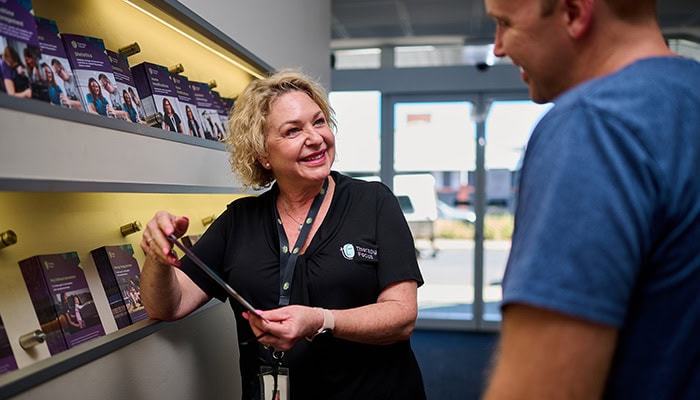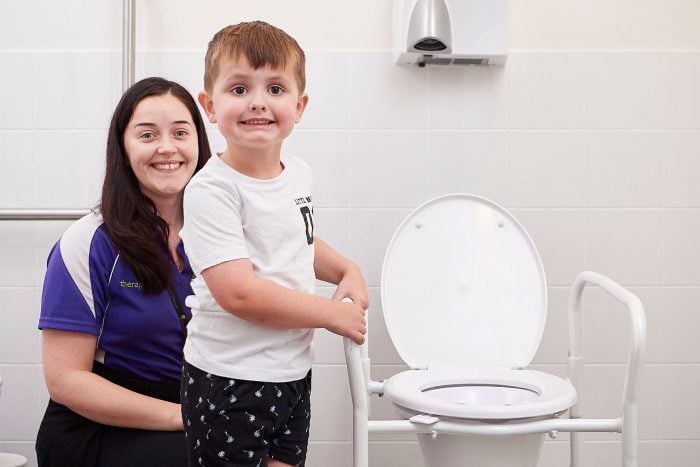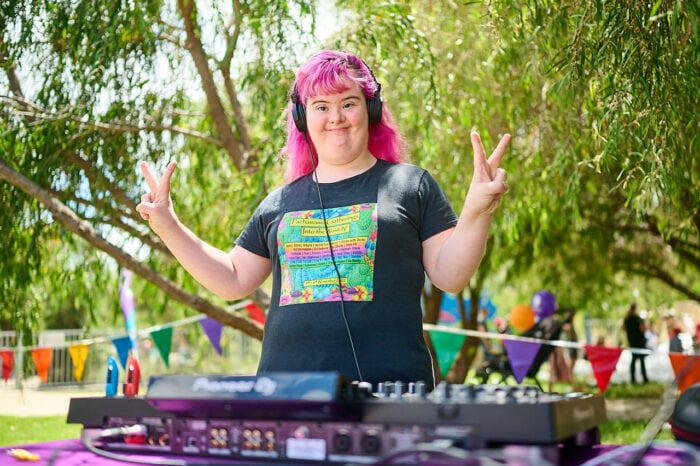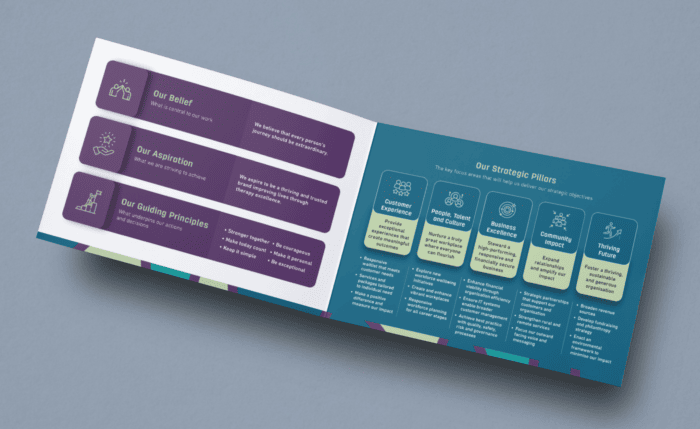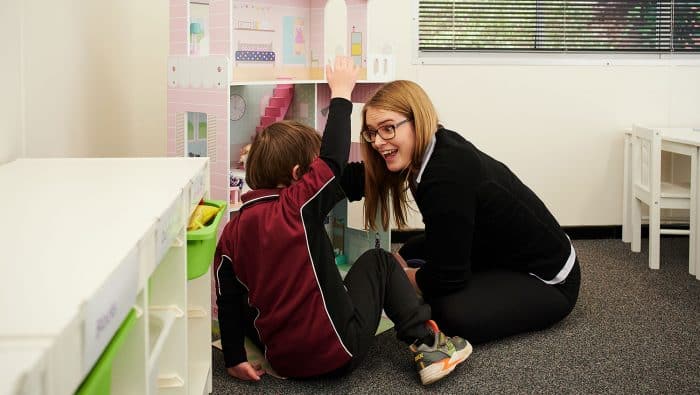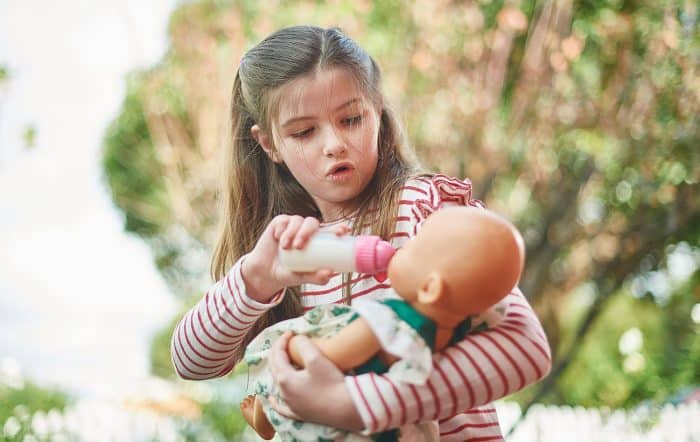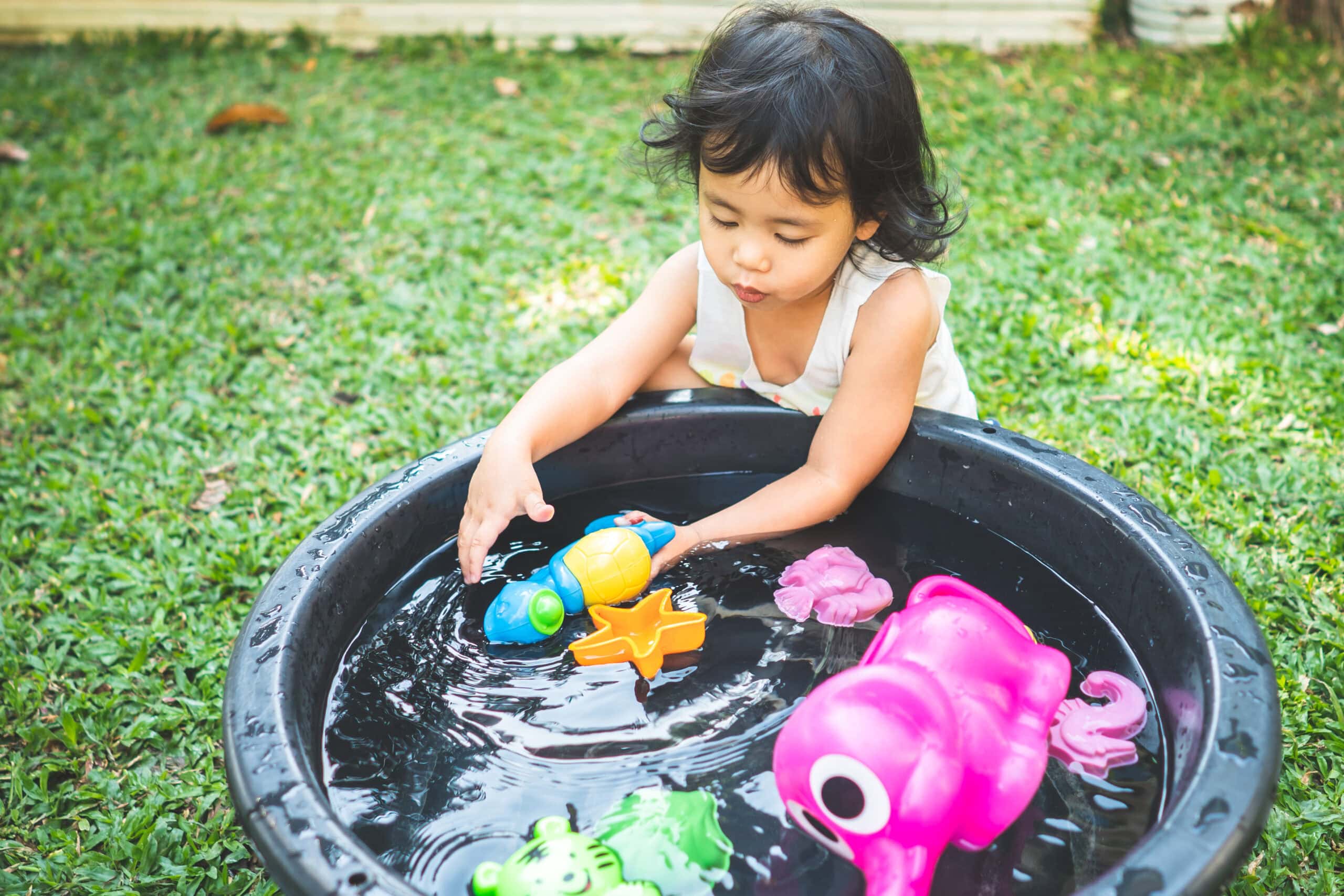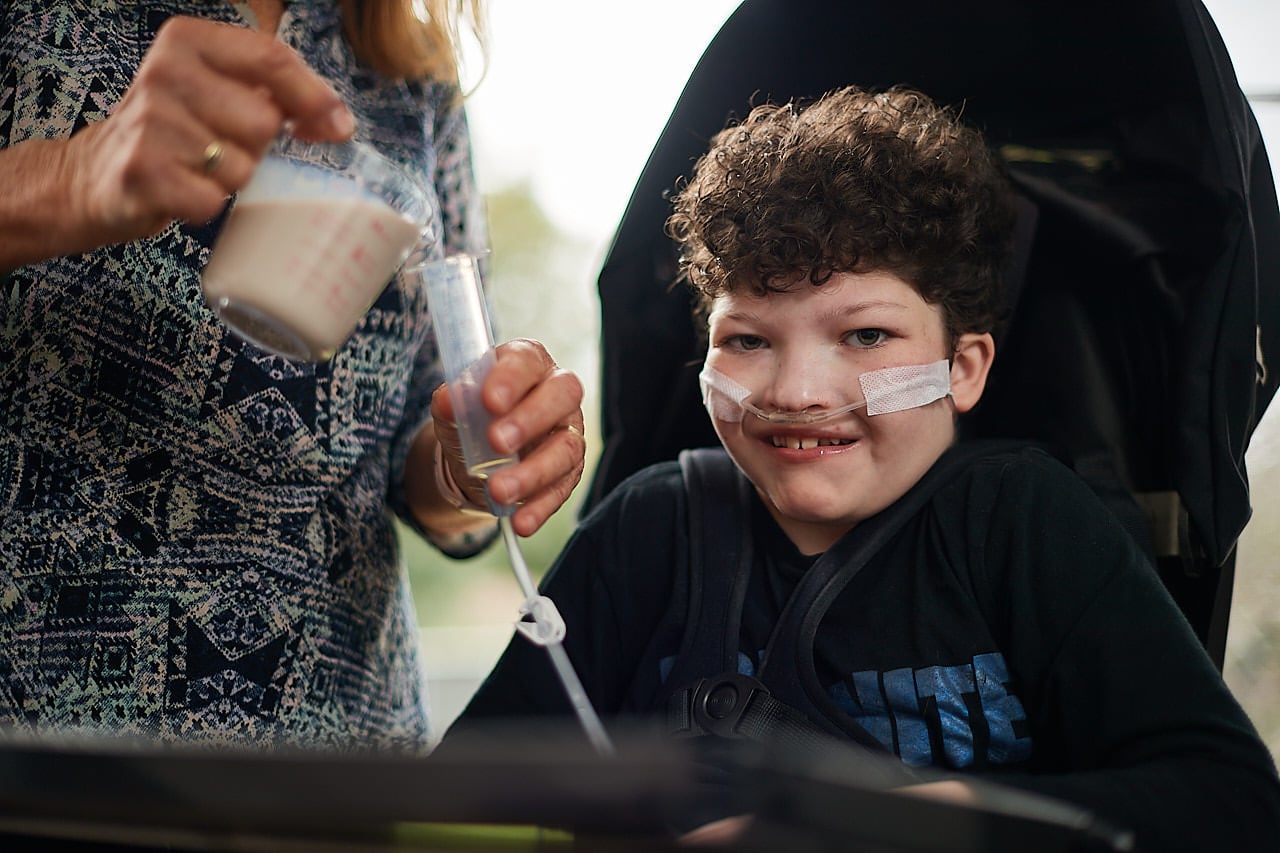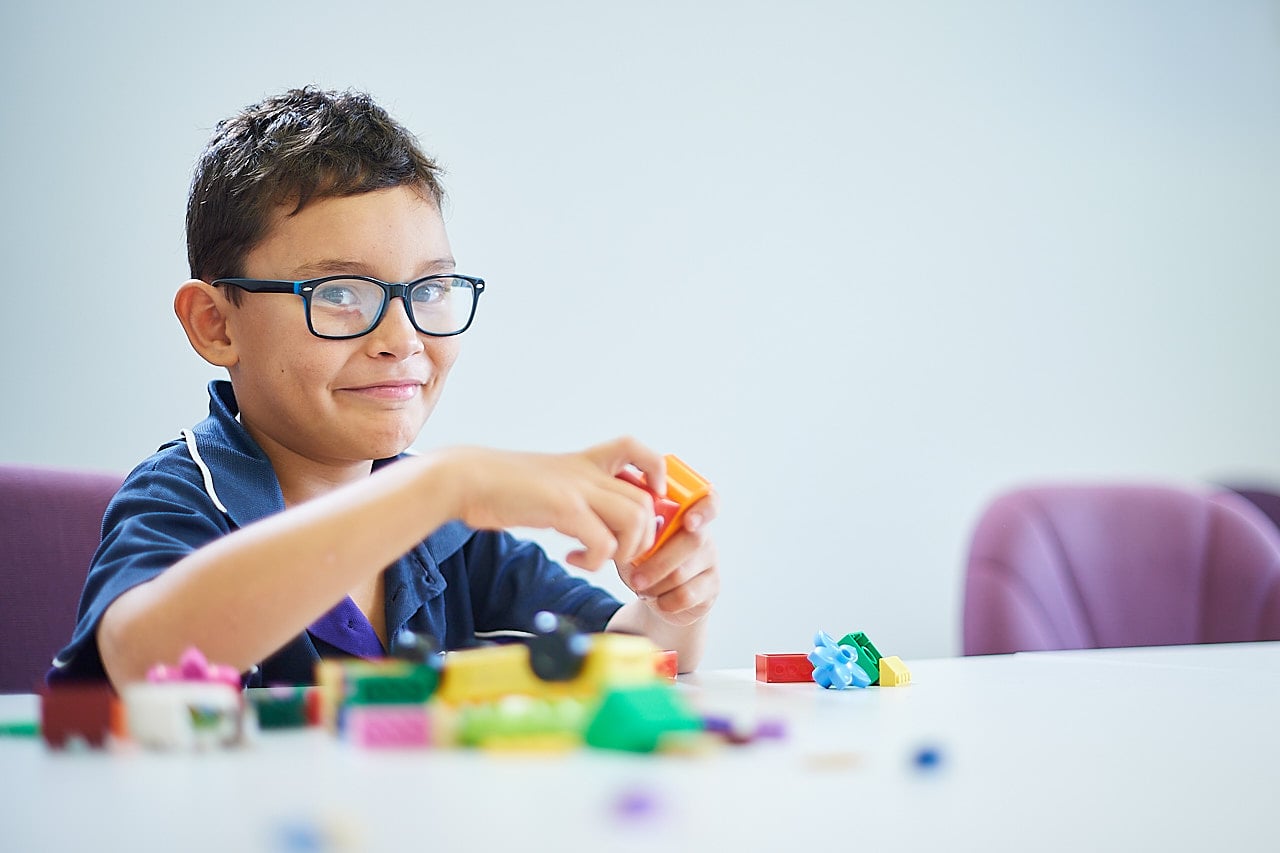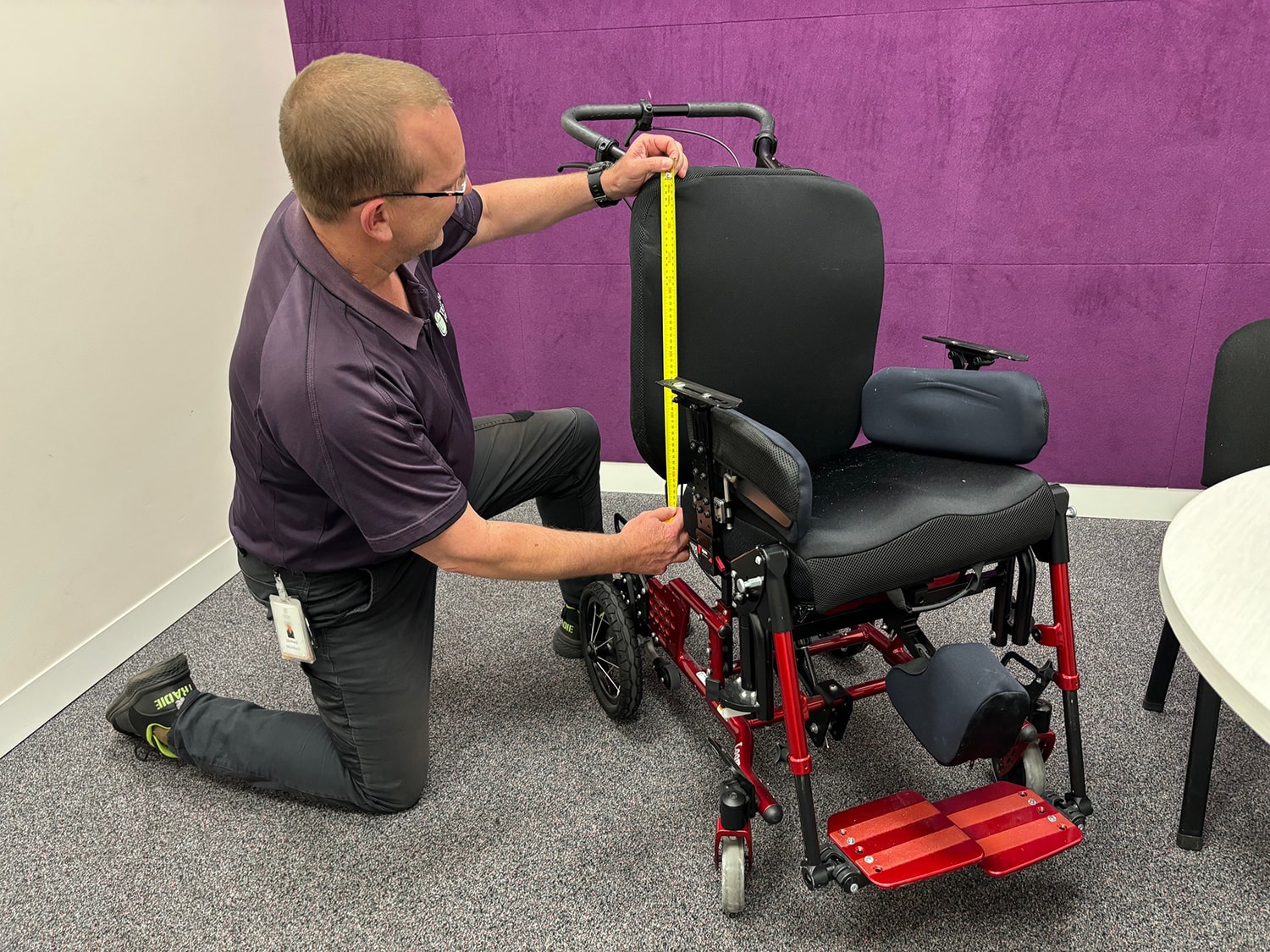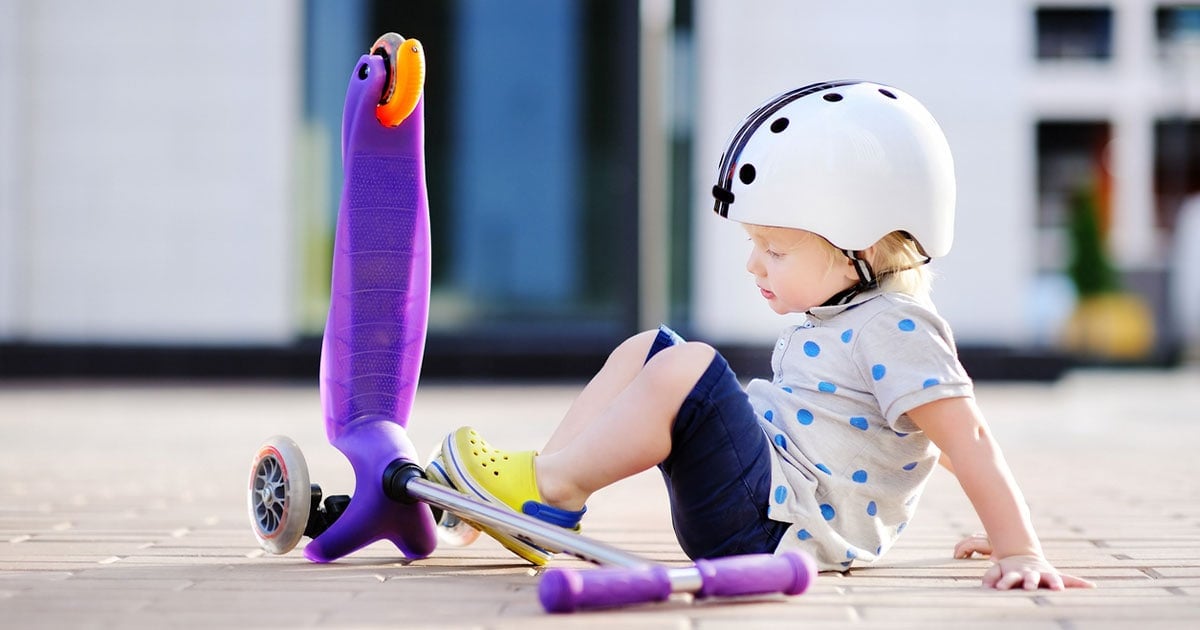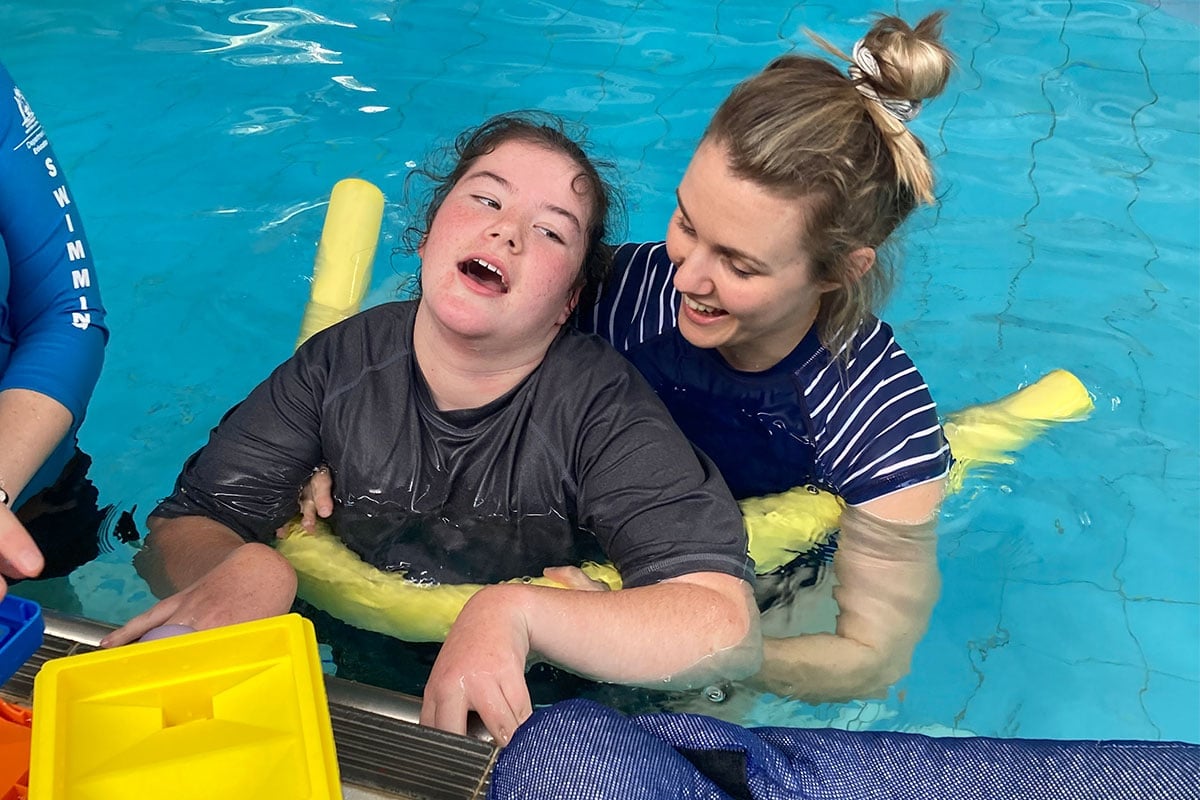The benefits of imaginative play
Kids play make-believe because it’s fun, but did you know that imaginative play is also a vital component of normal child development and should be encouraged?
Imaginative play, or make-believe as it is sometimes referred to, occurs when a child role-plays experiences of interest, such as playing ‘school’ with their toys. Children may engage in imaginative play alone or with others. There are several benefits that imaginative play contributes to a child’s development.
What are the benefits of imaginative play?
It fosters creativity by providing a safe space for children to act out scenarios of their choosing, including situations that they may not be able to experience in real life. For example, a 5-year-old who cannot go to a restaurant without her parents can, through imaginative play with her friend, create a pretend tea party they can both enjoy at home. It also gives children opportunities to learn about other people’s perspectives, like what Daddy might think when they are playing house.
It promotes physical development in a fun way. Activities such as fitting a doll’s arms through her jacket’s sleeves are great for hand-eye coordination, as is learning to move and control her hands in different ways. Galloping around on pretend horses helps with gross motor development and coordination.
It provides an opportunity for kids to practice and develop their language and social skills by merely being with and talking to other children.
It boosts the development of problem-solving and self-regulation skills. Imaginative play with peers can create situations in which not everyone gets what they want. For example, when more than one child wants to be King of the castle, the child who does not get what he wants needs to learn how to manage unpleasant emotions for play to continue.
It gives parents a fun way to teach positive behaviour to their kids. Parents can introduce situations to play to create “incidental learning” opportunities. For example, when showering their doll, the parent might ask the child questions (e.g. “what happens next?”), make comments (“the water is nice and warm”), and discuss dilemmas (“Oh no, Dolly ran out of soap!”). These teach the child critical functional skills and the ability to work through tricky situations with guidance.
Tips to encourage imaginative play
Because imaginative play is such a healthy contributor to a child’s overall development, parents should actively encourage their child when they engage in imaginative play.
- Provide plenty of props, play partners (both similar-aged peers as well as adults).
- Give plenty of playtimes – let your child have as much time as possible to explore where the play takes them.
- Dress-up parties are also a great way to both promote imaginary play and keep children entertained!
- Involve them in your daily chores and incorporate incidental learning into these situations. For example, while you are preparing dinner, you might invite your child to cook alongside you with their play items.
What is the right age to introduce imaginative play to a child?
There is no set age to introduce imaginative play into a child’s world. You can start by introducing simple, safe items for the child, such as a soft toy. Create situations to engage that item in play, like having your child’s kiss their doll on the cheek. Modelling imaginative play to your child can help start this process, like making toys pretend to talk to each other.
Are there any disadvantages to imaginative play?
Absolutely none! But, if a child often behaves in a way during play that causes harm either to themselves or others, or if a child develops a strong preference for solitary imaginary play at the expense of social play, it may be worth seeking the advice of a qualified child development professional. Our occupational therapists are here to help and can be contacted on 1300 135 373.
Find this article helpful? Visit our blog for more useful tips and insights from our therapists.
Start your journey
Our occupational therapists help children and adults with disability participate in everyday life.

